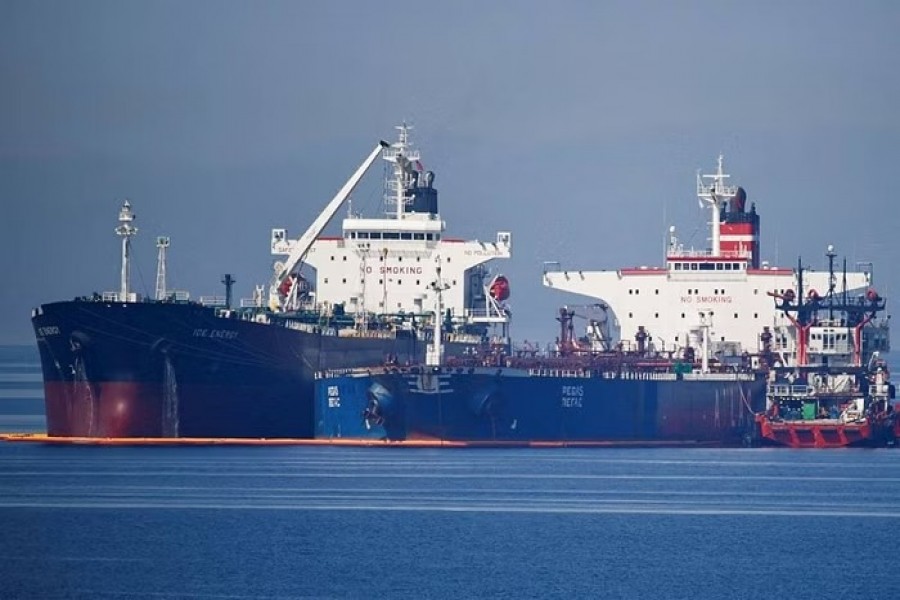Detailing for the first time the Russian response to the price caps introduced by the West over Moscow's invasion of Ukraine, Novak said the cuts could reach 500,000-700,000 barrels per day (bpd).
He also said that despite Europe's efforts to cut reliance on Russian oil and gas, energy exports from Russia are in demand worldwide and Moscow has been diversifying its buyers.
Novak said it would be difficult to provide for global economic development without Russian energy, and predicted possible gas shortages in Europe, which has introduced restrictions on gas prices, as well as on oil.
"We believe that in the current situation, it is even possible to take risks of lower production rather than be guided by the selling policy regarding the price caps. Today it is $60, tomorrow it can be anything, and getting dependent on some decisions made by unfriendly countries is unacceptable for us," Novak said.
Russian President Vladimir Putin said on Thursday he would issue a decree early next week on Moscow's actions in response to the price cap.
Novak said the decree would ban sales of oil and oil products to countries that join the price cap and companies that demand its observance.
He also said that Russian oil production is expected to rise this year to 535 million tonnes (10.7 million barrels per day) from 524 million tonnes in 2021, while natural gas output will fall by up to a fifth to 671 billion cubic metres.
EXPORTS DECLINE
The sanctions have hit sales of Russian oil, which makes up a large share of state budget revenues. Exports of Russia's flagship Urals crude blend from Baltic Sea ports may fall by up to a fifth in December.
This month, Urals crude has been sold at deeper discounts, and dominant buyer India has bought barrels at well below the $60 price cap.
Novak said he believed that the discount will stabilise soon and that Russia has spent much of this year preparing for sanctions and price caps.
He also praised the work of the OPEC+ group of leading global oil producers, which includes Russia, saying that the oil price is likely to remain in current range of $70-$100 per barrel next year barring the emergence of unforeseen events.


